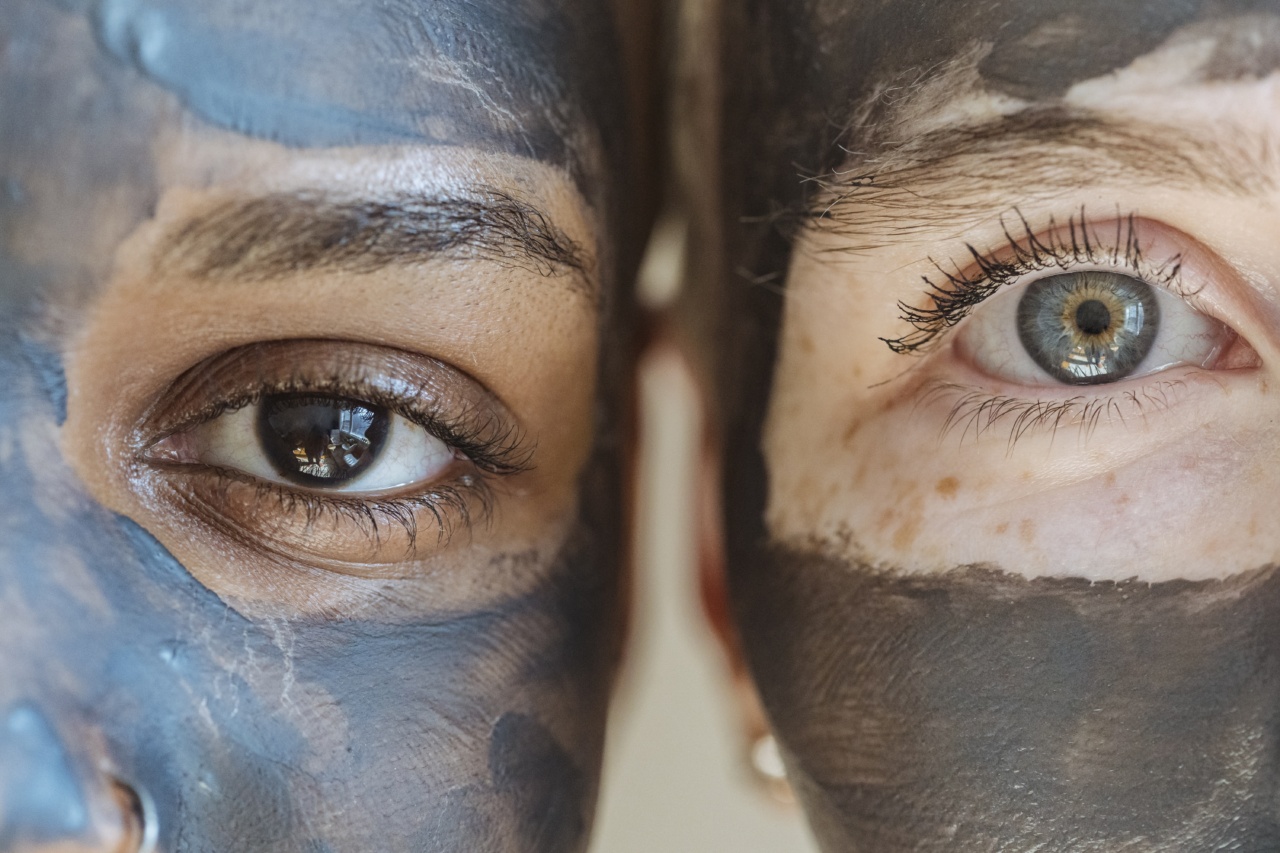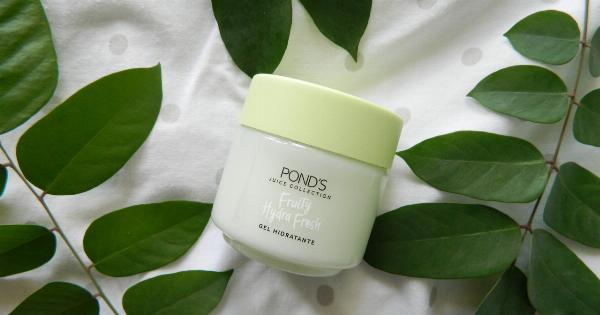Acne is a common skin problem that affects people of all ages. It can be frustrating and embarrassing, but the good news is that there are several natural remedies that can help clear up acne and improve the overall health of your skin.
One such remedy is a clay mask.
Why Use a Clay Mask?
Clay masks have been used for centuries to treat various skin issues, including acne. They work by absorbing excess oil, unclogging pores, and reducing inflammation.
Clay masks also have a soothing effect on the skin, leaving it feeling refreshed and revitalized.
Choosing the Right Clay
There are different types of clay available, each with its own unique properties. When it comes to acne, there are three types of clay that are particularly effective:.
1. Bentonite Clay
Bentonite clay is known for its ability to draw out toxins and impurities from the skin. It has a strong negative charge, which helps it bind to positively charged toxins and remove them from the skin.
Bentonite clay also helps reduce inflammation and soothe irritated skin.
2. Kaolin Clay
Kaolin clay is a gentle and mild clay that is suitable for all skin types, including sensitive skin. It has excellent absorption properties, making it effective at removing excess oil and impurities from the skin.
Kaolin clay also has a calming effect on the skin, which helps reduce redness and irritation.
3. French Green Clay
French green clay is rich in minerals and nutrients that are beneficial for the skin. It has powerful oil-absorbing abilities and helps unclog pores, making it an excellent choice for acne-prone skin.
French green clay also has antibacterial properties, which can help prevent breakouts.
Recipe for a Quick and Simple Clay Mask
Making your own clay mask at home is easy and cost-effective. Here’s a simple recipe using bentonite clay:.
Ingredients:
– 2 tablespoons bentonite clay.
– 1 tablespoon apple cider vinegar.
– 1 teaspoon honey.
– A few drops of tea tree oil (optional).
– Water (as needed to achieve desired consistency).
Instructions:
1. In a non-metallic bowl, mix the bentonite clay and apple cider vinegar until you have a smooth paste.
2. Add the honey and tea tree oil (if using) to the mixture and stir well.
3. If the mixture is too thick, gradually add water until you achieve a spreadable consistency.
4. Cleanse your face thoroughly before applying the mask.
5. Using clean fingers or a brush, apply the mask evenly to your face, avoiding the eye and lip areas.
6. Leave the mask on for 15-20 minutes or until it is completely dry.
7. Rinse off the mask with warm water and gently pat your face dry with a clean towel.
8. Apply a moisturizer suitable for your skin type to hydrate and protect your skin.
Tips for Using a Clay Mask
When using a clay mask for acne, keep the following tips in mind:.
1. Patch Test
Before applying the mask to your entire face, do a patch test on a small area of skin to check for any allergic reactions or sensitivity.
2. Frequency
Using a clay mask once or twice a week is generally recommended. However, if you have sensitive or dry skin, limit it to once a week to prevent excessive drying.
3. Time
Do not exceed the recommended time of leaving the mask on your face. Keeping it on for too long can cause the skin to dry out and become irritated.
4. Moisturize
After using a clay mask, it’s essential to moisturize your skin to restore hydration. Choose a moisturizer that suits your skin type.
5. Consistency
For best results, incorporate the clay mask into your skincare routine consistently. Regular use will help maintain healthy skin and prevent breakouts.
Conclusion
A quick and simple clay mask can be an excellent addition to your skincare routine for dealing with acne.
Bentonite clay, kaolin clay, or French green clay, when used in combination with other natural ingredients, can help draw out impurities, reduce oiliness, and soothe inflamed skin. Remember to choose the right clay for your skin type, and follow the tips mentioned for a safe and effective masking experience.



























